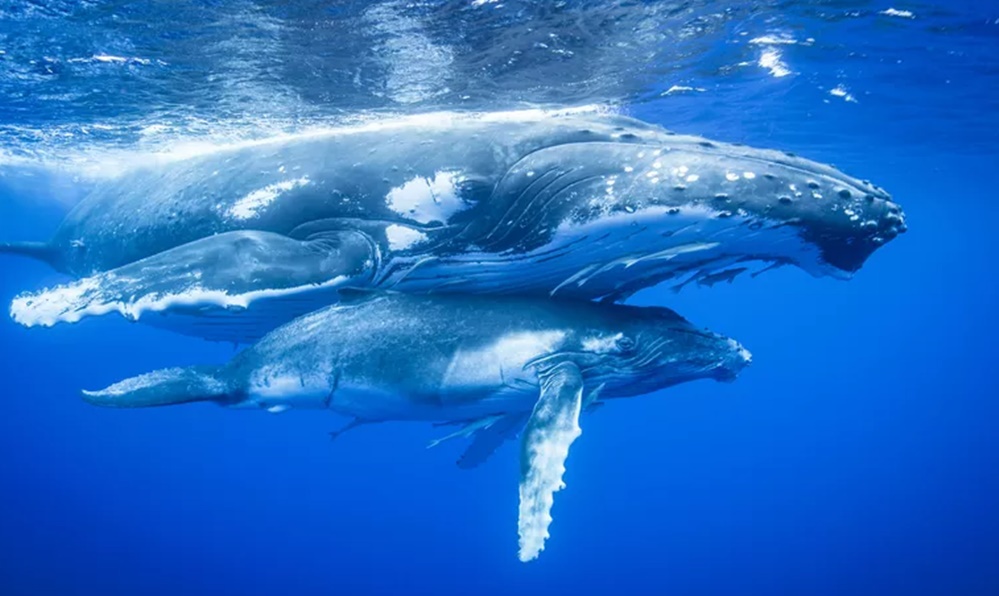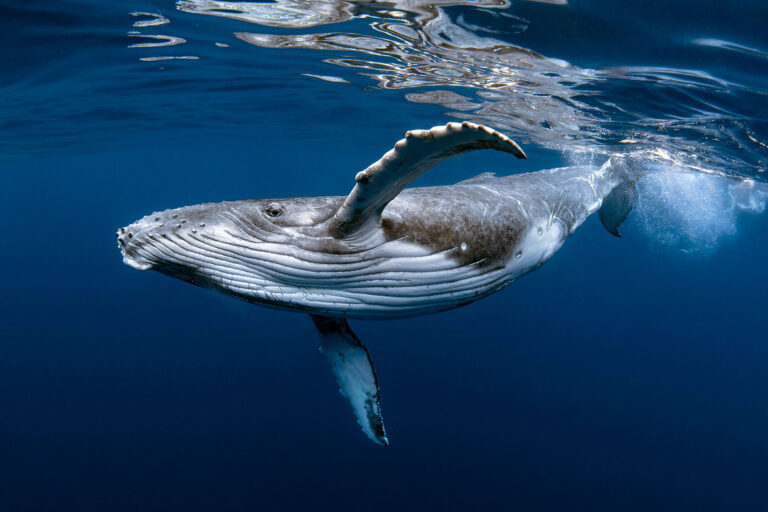Share this
Decoding Blue Whale Communication: Insights from Recent Studies
In the vast expanse of our oceans, few creatures command as much awe and fascination as the blue whale (Balaenoptera musculus). As the largest animal to have ever existed on Earth, blue whales captivate the imagination with their sheer size and graceful movements. Behind this awe-inspiring facade lies a realm of scientific inquiry, where researchers strive to unravel the mysteries surrounding these magnificent marine mammals.
Recent scientific articles have shed new light on various aspects of blue whale biology, behavior, and ecology. One key area of study focuses on understanding the intricate communication patterns of blue whales. These articles delve into the complex world of whale songs, investigating how these vocalizations are used for navigation, mate attraction, and social bonding. By analyzing the acoustic signatures of blue whale calls, researchers can gain insights into their population dynamics and distribution patterns.
Feeding Ecology of Blue Whales: Key Findings and Foraging Strategies
Another crucial aspect of blue whale research is the study of their feeding behavior and prey preferences. Scientific investigations have revealed the astonishing feeding strategies employed by these leviathans as they hunt massive swarms of krill. By employing cutting-edge technology such as underwater drones and satellite tagging, researchers can observe blue whales in their natural habitat, uncovering the secrets of their feeding ecology and foraging movements.

Conservation Challenges: Protecting Blue Whales in a Changing Ocean
Furthermore, scientific articles have highlighted the pressing conservation challenges facing blue whale populations worldwide. Despite being protected under various international agreements, blue whales continue to face threats from habitat degradation, pollution, ship strikes, and entanglement in fishing gear. Through collaborative research efforts and conservation initiatives, scientists strive to develop effective strategies for mitigating these threats and ensuring the long-term survival of these iconic marine mammals.
In addition to their ecological significance, blue whales serve as flagship species for marine conservation, drawing attention to the urgent need to protect our oceans’ biodiversity. By studying blue whales, scientists gain valuable insights into the health of marine ecosystems and the impacts of human activities on oceanic biodiversity.
In conclusion, scientific articles provide a window into the fascinating world of blue whales, offering invaluable insights into their biology, behavior, and conservation. By synthesizing the findings of these studies, researchers and conservationists can work together to unravel the mysteries of these enigmatic giants and safeguard their future in our oceans.




0 Comments